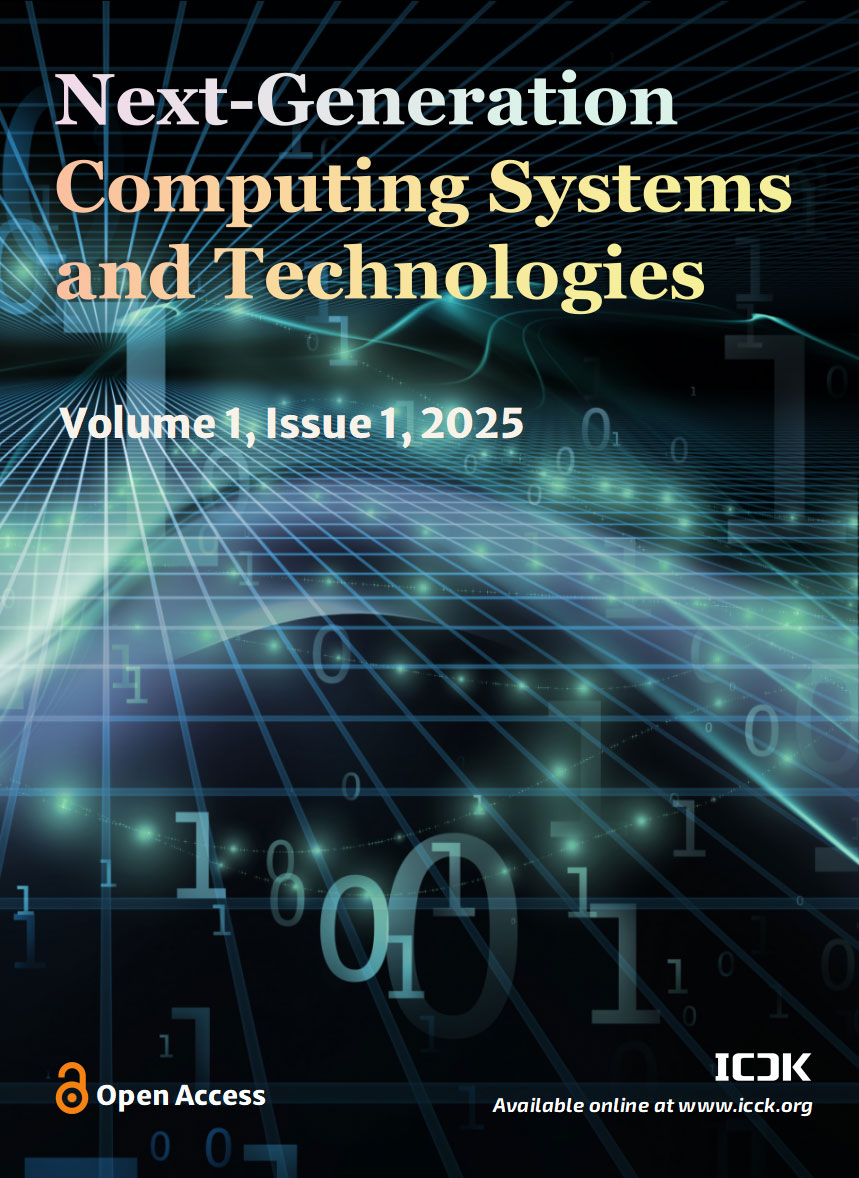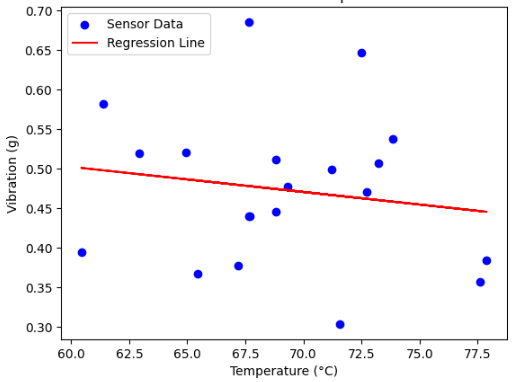Abstract
The electric vehicle (EV) manufacturing industry rapidly progresses from Industry 4.0 to Industry 5.0, next-generation computing technologies are emerging as disruptive enablers. This paper explores about the advanced computing paradigms to improve efficiency, robustness and adaptation across EV manufacturing ecosystems in the revolved vehicle industry in order to satisfy the increasing needs of intelligent automation, real-time decision-making and sustainable production. Through the integration of industrial case studies, literature reviews and rigorous technology mapping, the paper work validates the potential of these technologies to optimize resource utilization, speed up computer operations and overcome complications to extensive adoption. The results highlight the significance of strong frameworks to make balance between innovation and sustainability. Conclusion section is highlighting the convergence of cutting edge technology to propel the progress of autonomous, secure and human-centered electric vehicle production, thereby prompting the way of sustainability and industrial transformation.
Keywords
smart manufacturing
intelligent automation
human-centric automation
next-generation computing technologies
Data Availability Statement
Not applicable.
Funding
This work was supported without any funding.
Conflicts of Interest
The authors declare no conflicts of interest.
Ethical Approval and Consent to Participate
Not applicable.
Cite This Article
APA Style
Rath, K. C., & Mishra, B. K. (2025). Next-Generation Computing Technology for Electric Vehicle Manufacturing – Concept, Challenges and Future Research. Next-Generation Computing Systems and Technologies, 1(1), 1–10. https://doi.org/10.62762/NGCST.2025.183832
Publisher's Note
ICCK stays neutral with regard to jurisdictional claims in published maps and institutional affiliations.
Rights and Permissions

Copyright © 2025 by the Author(s). Published by Institute of Central Computation and Knowledge. This article is an open access article distributed under the terms and conditions of the Creative Commons Attribution (CC BY) license (
https://creativecommons.org/licenses/by/4.0/), which permits use, sharing, adaptation, distribution and reproduction in any medium or format, as long as you give appropriate credit to the original author(s) and the source, provide a link to the Creative Commons licence, and indicate if changes were made.


 Submit Manuscript
Edit a Special Issue
Submit Manuscript
Edit a Special Issue

 Copyright © 2025 by the Author(s). Published by Institute of Central Computation and Knowledge. This article is an open access article distributed under the terms and conditions of the Creative Commons Attribution (CC BY) license (https://creativecommons.org/licenses/by/4.0/), which permits use, sharing, adaptation, distribution and reproduction in any medium or format, as long as you give appropriate credit to the original author(s) and the source, provide a link to the Creative Commons licence, and indicate if changes were made.
Copyright © 2025 by the Author(s). Published by Institute of Central Computation and Knowledge. This article is an open access article distributed under the terms and conditions of the Creative Commons Attribution (CC BY) license (https://creativecommons.org/licenses/by/4.0/), which permits use, sharing, adaptation, distribution and reproduction in any medium or format, as long as you give appropriate credit to the original author(s) and the source, provide a link to the Creative Commons licence, and indicate if changes were made. 